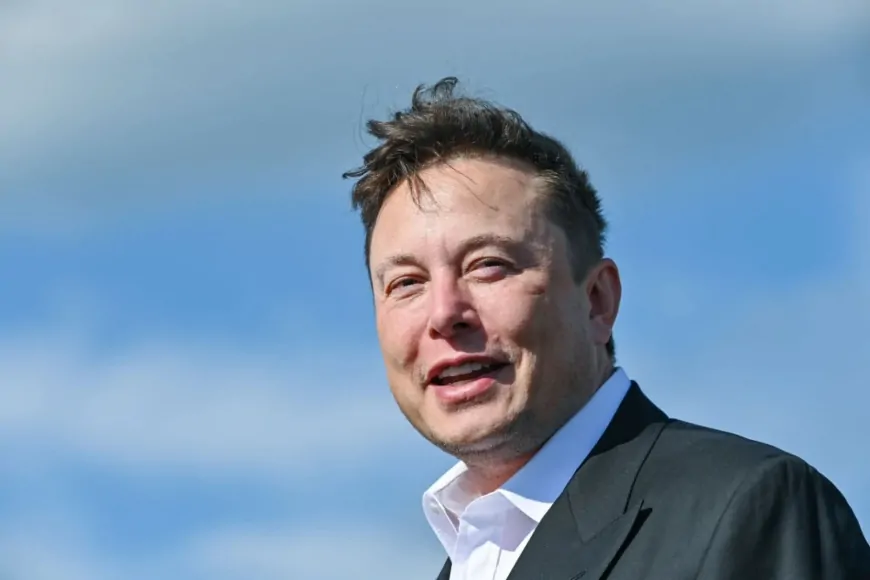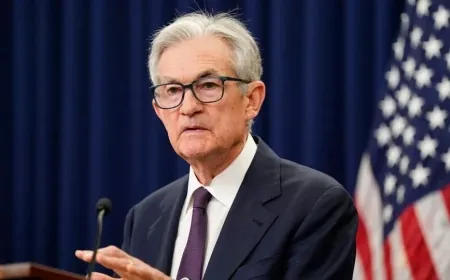Why Elon Musk Avoids Tough Interviews and Sticks to Friendly Platforms
Elon Musk carefully avoids tough interviews, especially about DOGE. Learn why he prefers supportive platforms and avoids challenging questions.

Elon Musk, one of the most visible figures in global tech and politics, has increasingly shaped the media narrative around himself—by controlling where and how he's interviewed. Since his takeover of the platform formerly known as Twitter and its transformation into X, Musk has strategically limited his public conversations to environments where he faces little resistance or criticism.
Over the past two years, Musk’s interview choices have shown a clear pattern: friendly hosts, soft questions, and supportive settings. Whether appearing on popular podcasts or speaking at global business forums, his interactions have largely been defined by praise and admiration rather than in-depth inquiry.
While he previously claimed to welcome interviews across different viewpoints, his recent media activity tells a different story. Musk’s discussions have largely been confined to personalities and venues that reflect or endorse his worldview. He regularly participates in live audio chats on X, often backing political candidates or causes he supports, yet avoids journalists who might press him on policy, ethics, or his growing involvement in public administration.
The last time Musk was confronted with direct and uncomfortable questions came during an interview that sparked immediate fallout. After being pressed on topics like political bias on X, controversial social views, and corporate decisions, Musk quickly backed out of a planned collaboration with the interviewer. The encounter highlighted a broader trend: Musk prefers conversations he can guide, not ones where he must defend or explain contentious positions.
Musk’s attitude toward traditional journalism has long been strained. He has often criticized legacy media, calling it biased or outdated. His companies operate with minimal public-facing communication, and press inquiries are frequently ignored. In some cases, automated responses or sarcastic replies have replaced standard media relations, signaling his disinterest in conventional transparency.
At the same time, his rise in influence—both in the private and public sectors—raises questions about accountability. Musk holds significant sway in industries like aerospace, electric vehicles, and now digital communication. His interactions with global political figures and direct involvement in national advisory roles further increase the need for public scrutiny. Yet, the opportunities for rigorous questioning have steadily declined.
In recent remarks, Musk made it clear that he only engages in interviews when it suits his terms. He emphasized that interviews are not a duty, but a choice—and only when the platform or interviewer aligns with his preferences.
As one of the most powerful individuals shaping today’s tech, economic, and political landscape, Musk’s selective approach to public dialogue continues to limit deeper insights into his decisions and motivations.
Also Read: Elon Musk Reportedly Stepping Back from DOGE—Tesla Stock Surges in Response
































































